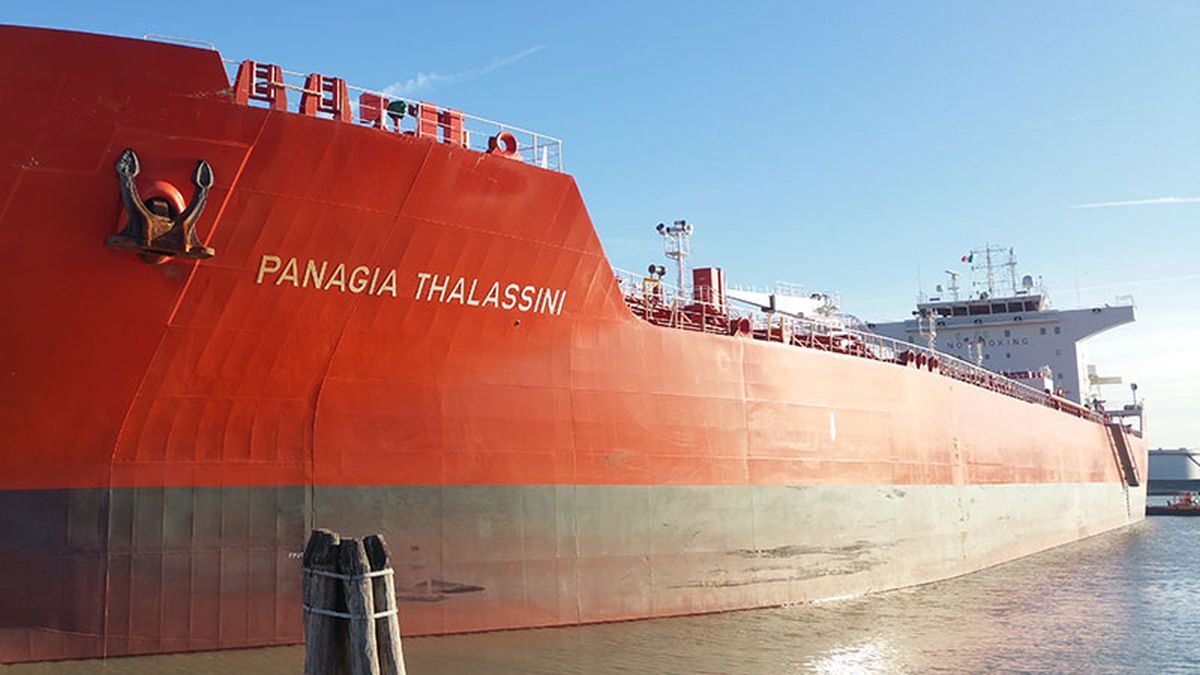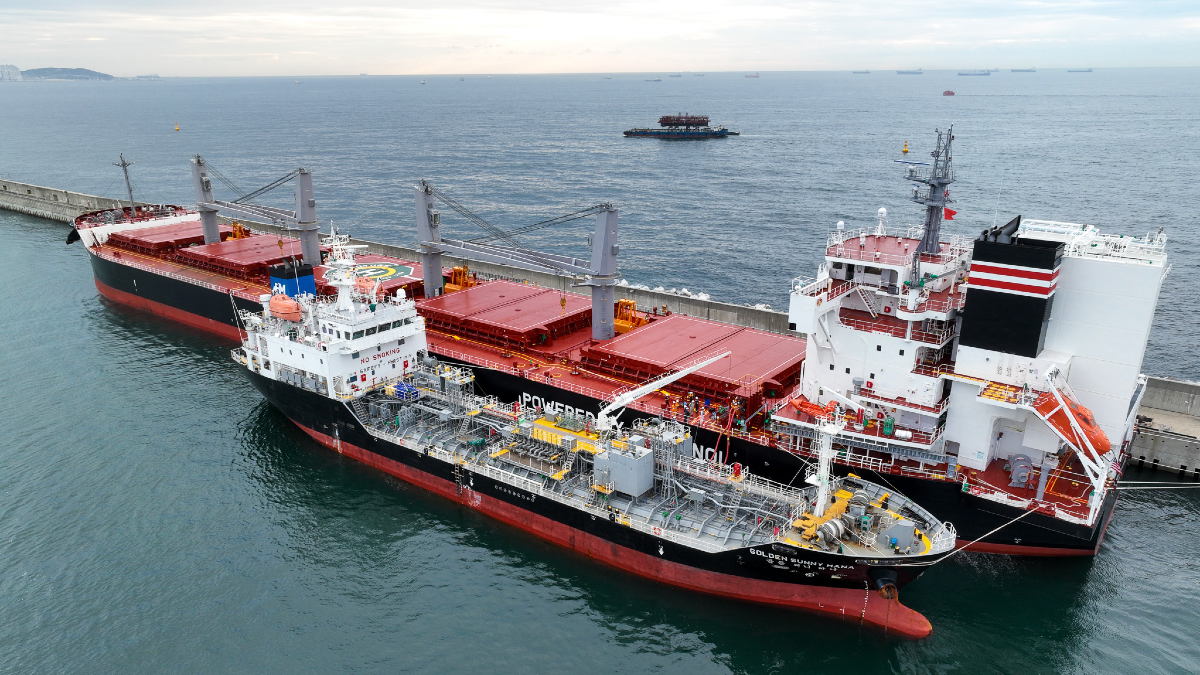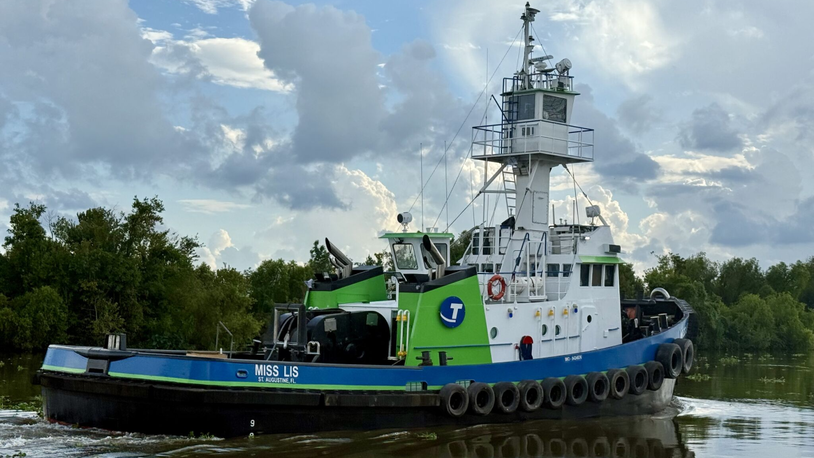Business Sectors
Contents
EU ETS emissions allowance surrender deadline arrives
30 September is the deadline for shipping companies to surrender EU emissions allowances corresponding to 40% of their verified 2024 emissions
Maritime’s inclusion in the European Union’s (EU) Emissions Trading System (ETS) has reached a major compliance deadline with the requirement for shipowners and operators sailing to, from or within the EU to submit verified allowances for emissions from 2024.
The EU ETS carbon market mechanism extended to include some emissions from shipping beginning on 1 January 2024, with verified company-level emissions accounts having come due at the end of March 2025 for the 2024 period.
In all, 40% of a company’s total emissions on voyages on ships of 5,000 gt and above calling at EU ports are included in the EU ETS compliance rules for 2025 reporting.
"With emissions covered by the EU ETS rising to approximately 90 million tonnes in the last 12 months, the phased implementation of this regulation is set to increase financial pressure on shipping operators and potentially driving greater efforts to cut carbon output," maritime law firm HFW partner Alessio Sbraga said.
Mr Sbraga said that failing to meet the compliance deadline came with significant penalties and the risk of significant reputational damage, and called effective allowance management "a core compliance priority for the maritime sector".
The legal expert also pointed to what he called the "regulatory overlap" of the EU ETS rules and FuelEU Maritime Regulation framework that came into effect on 1 January 2025.
"Going forward, the task for shipping operators with a significant vessel carbon footprint is exacerbated," he said. "With the possible adoption of the IMO Net Zero Framework anticipated in October, this will only add to the trajectory and complexity of the regulatory landscape."
The International Maritime Organization (IMO) is set to vote on a framework for the shipping sector to reach net-zero emissions by or about 2025 in October 2025.
"Together, these regulatory developments reflect a significant shift in global maritime policy. For shipowners, operators and stakeholders in the maritime value chain, the challenge lies not just in compliance but in using these changes as a springboard for managing risk, operational efficiency, resilience and innovation. Those who act early in the transition to sustainable alternatives will be on the stronger foot in the future of the shipping market and can take advantage of opportunities as they arise," Mr Alessio said.
Sign up for Riviera’s series of technical and operational webinars and conferences:
- Register to attend by visiting our events page.
- Watch recordings from all of our webinars in the webinar library.
Related to this Story
Events
Maritime Decarbonisation, Europe: Conference, Awards & Exhibition 2025
Offshore Support Journal Conference, Americas 2025
LNG Shipping & Terminals Conference 2025
© 2024 Riviera Maritime Media Ltd.














